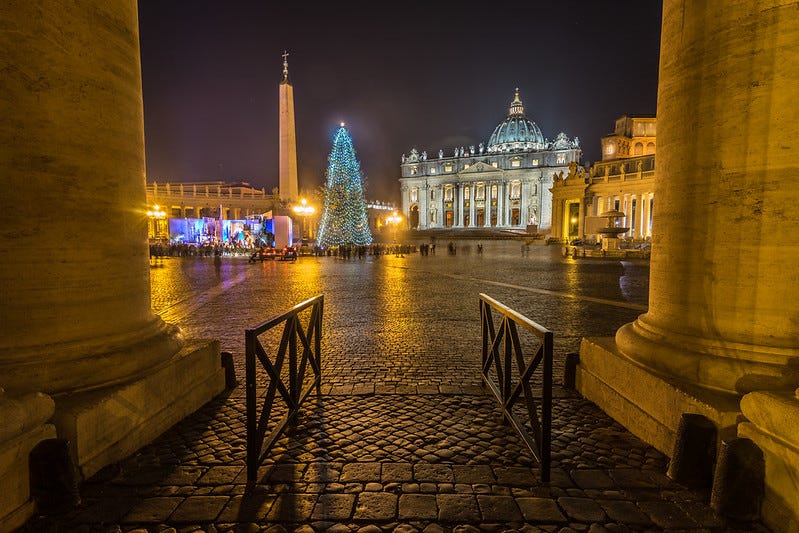Is it still Christmas? The octave, the 12 days, and what you need to know
A Pillar Explainer
Editor’s note: This report was originally published Dec. 27, 2021. We’re republishing it during the week of Christmas, 2023, for your reading enjoyment!
Christmas is December 25, right? Or maybe it’s an eight-day celebration — something called an “octave?” But aren’t there 12 da…

